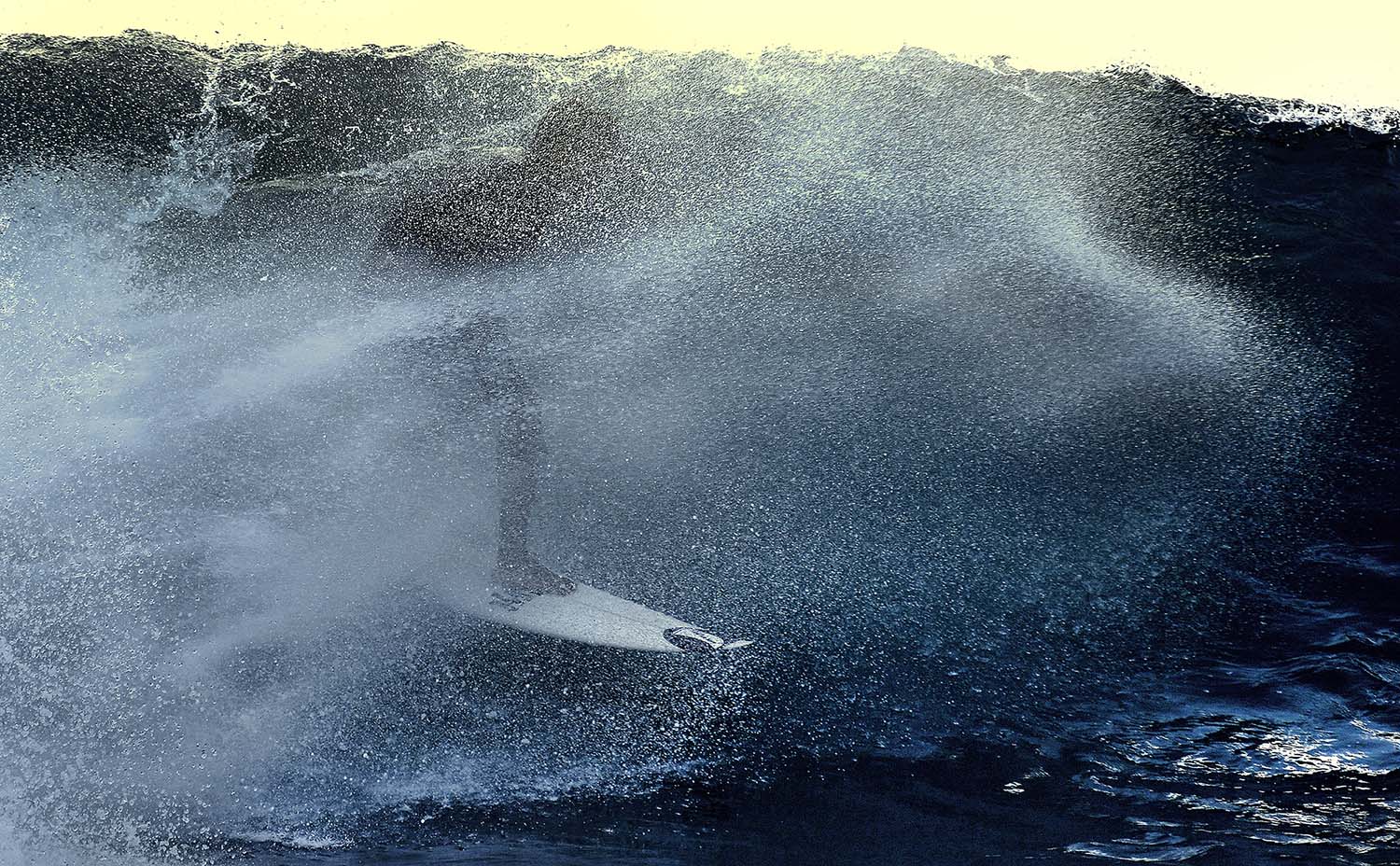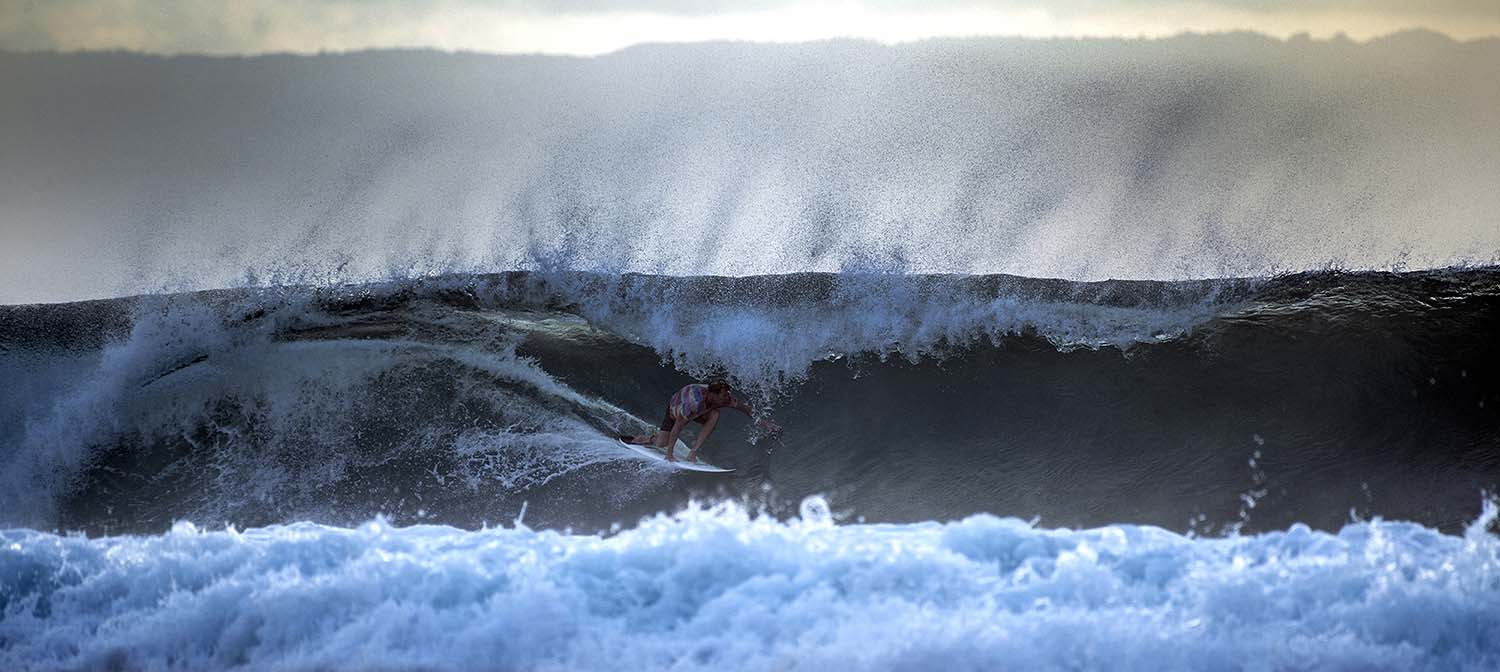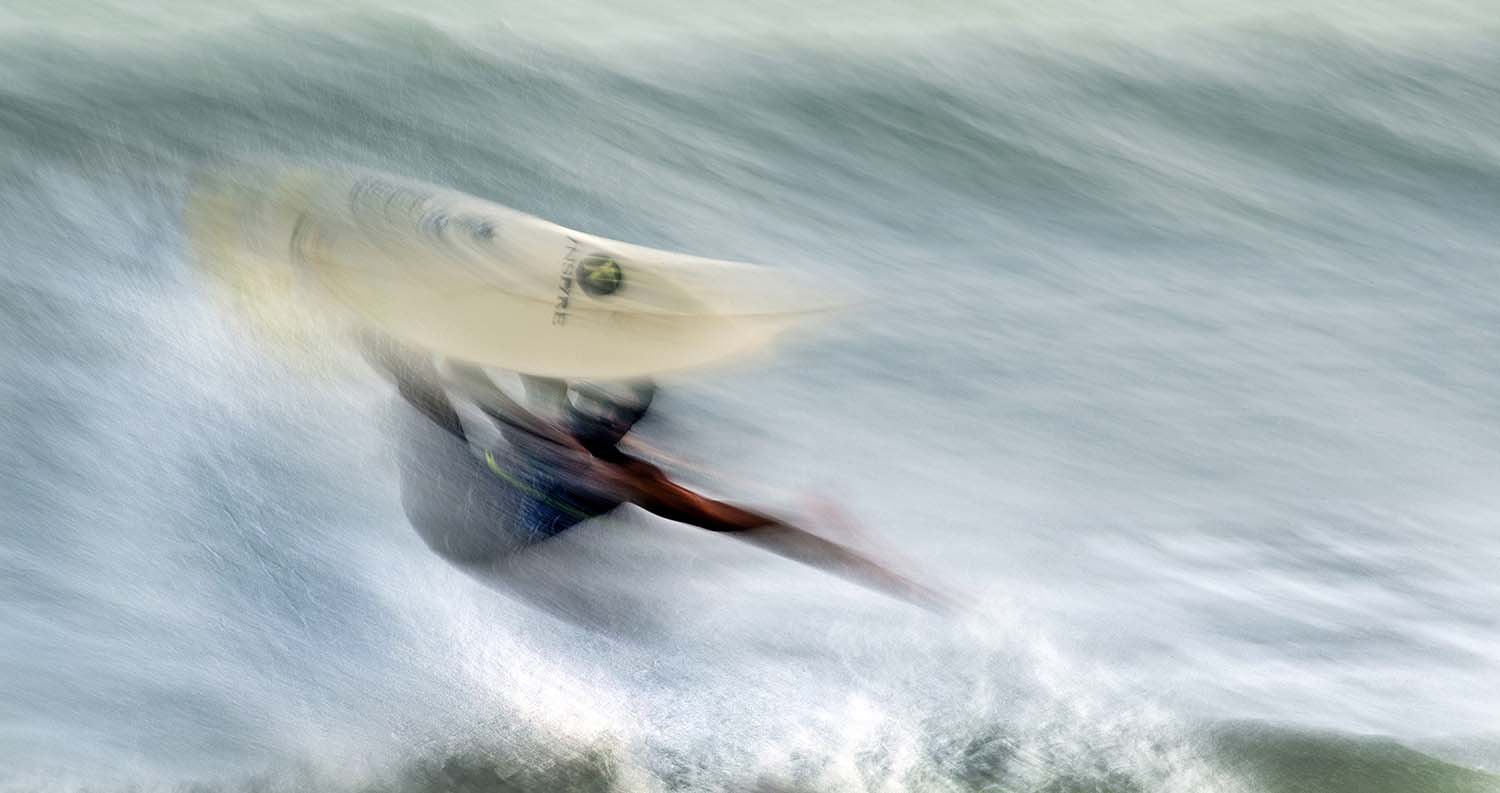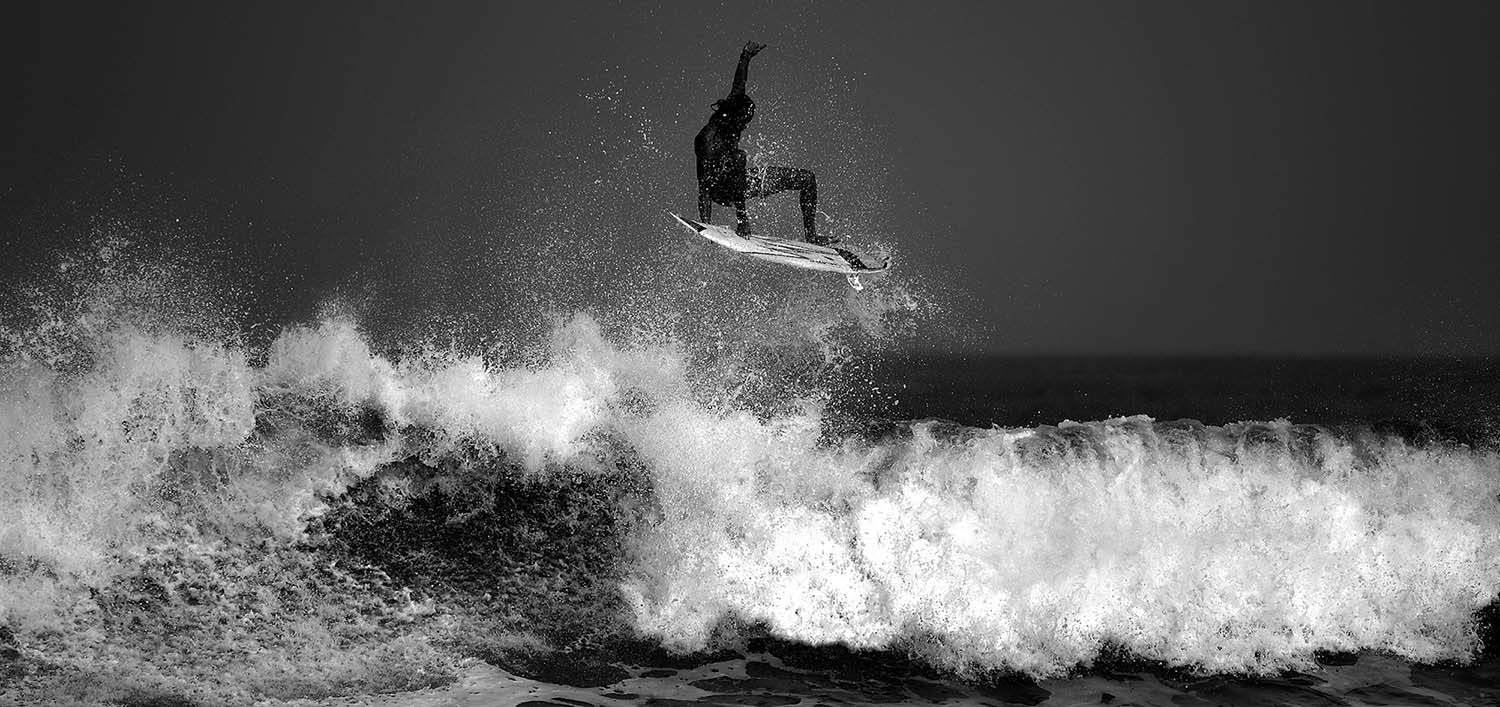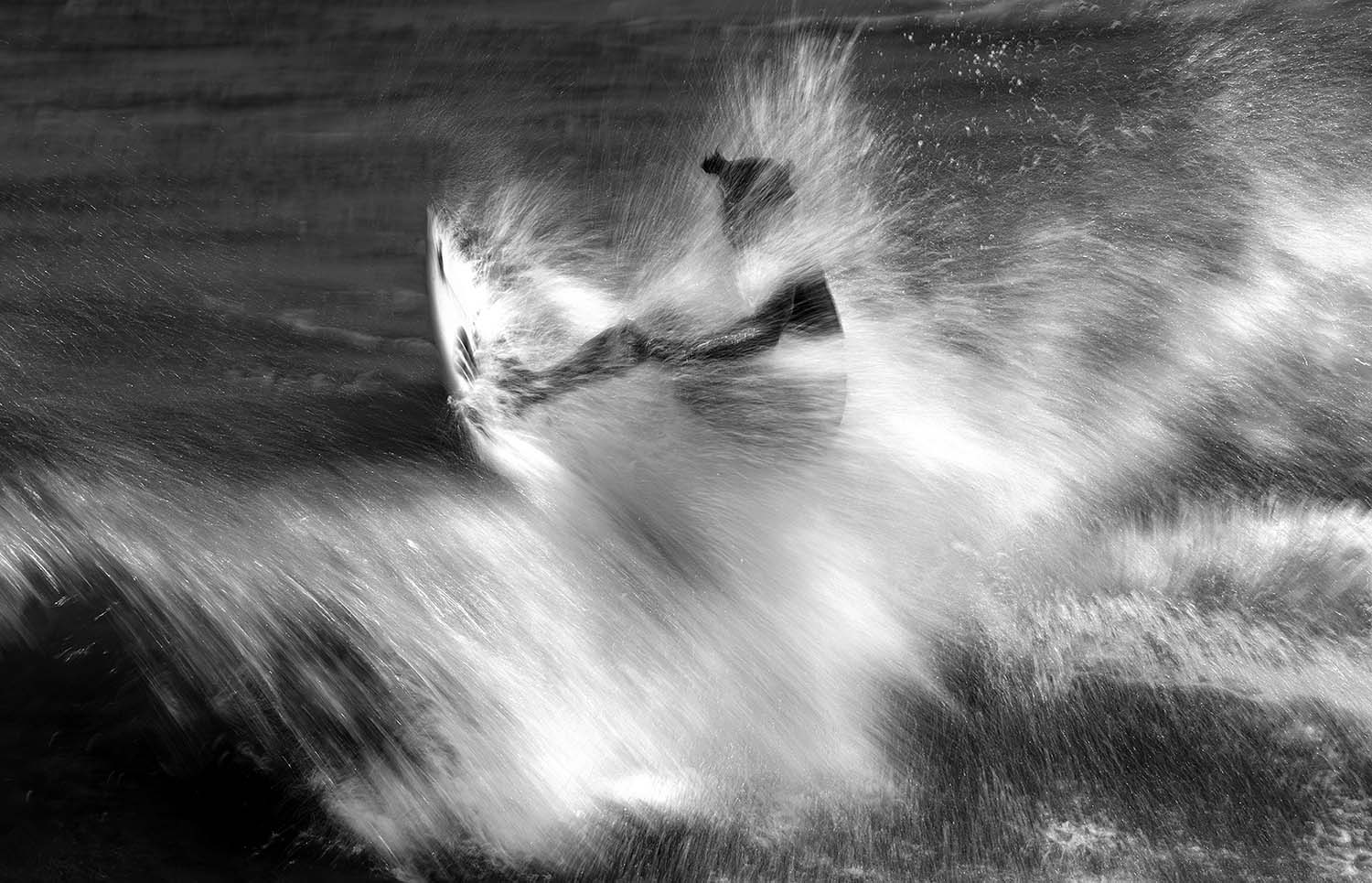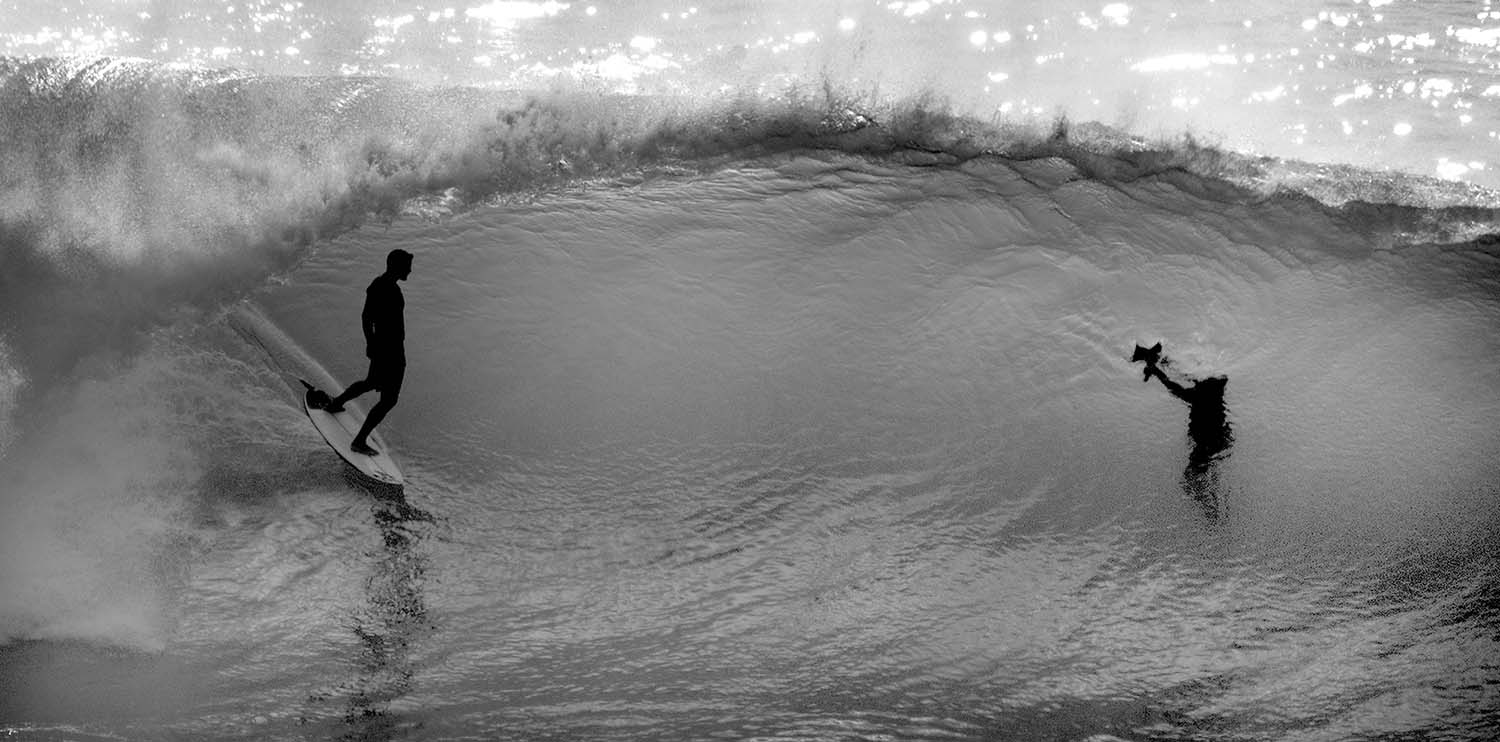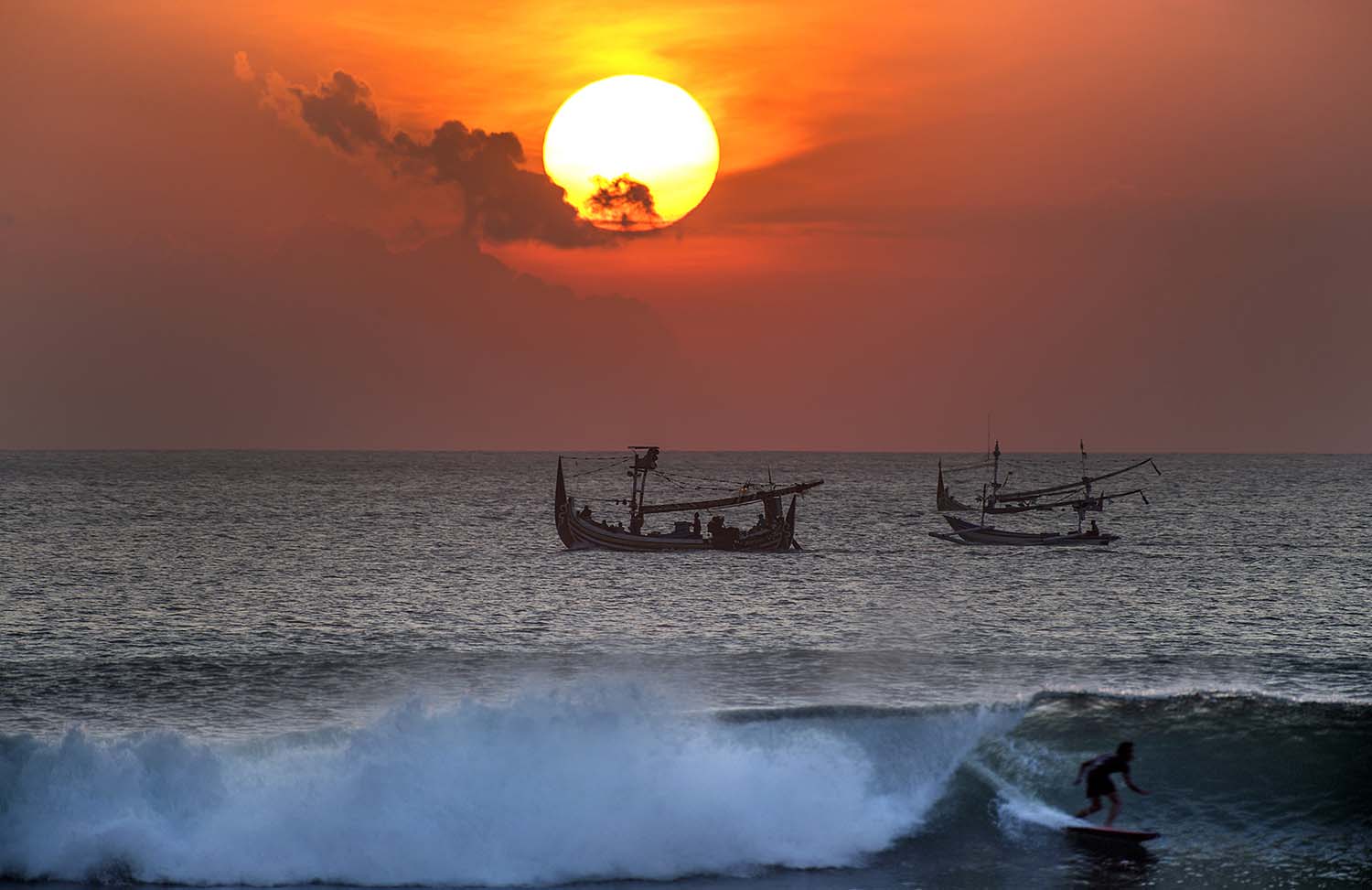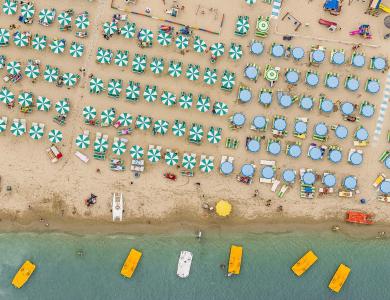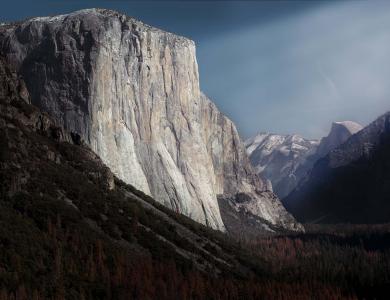Aaron Harris is a photographer specializing in lifestyle, portraits, popular culture, and journalism. He has been a photographer for most major news wire services and Canadian newspapers since 1997. Aaron's clients have included: U2, Agence France-Presse, Reuters, Getty Images/Wire Image, Bloomberg News, and NBA Entertainment, among others.
He is a member of PhotoShelter, the leader in portfolio websites, photo sales, marketing and archiving tools for photographers.
Hi Aaron. Thanks for talking with us... Please introduce yourself to our audience and tell us a little about you
Hi, I’m Aaron Harris, from Toronto, Canada and now live in Bali, Indonesia. Following a two-year photojournalism program, I started working in 1997 for a daily tabloid paper where I covered sports, news and low-rent thuggery. After three years of sleeping with a police scanner beside my bed, I wanted to shoot some happier subject matter so I moved to Toronto where I started freelancing with newswire services and papers. The news business in Toronto had me shooting mostly sports, but also an incredibly diverse range of subject matter that allowed me to expand my client base into more corporate and celebrity work. I’ve always thought of my photojournalism days as guerrilla photography. Every day, 2-3 times a day, I was walking into yet another unfamiliar beige environment that I immediately had to assess, light and shoot (portraits and otherwise) and usually with an insane time limit. It taught me to think on my feet, and as a former colleague of mine used to say, "go make chicken salad out of chicken sh*t."
Why photography?
My interest in photography came from days of laying on my grandmother’s living room floor reading her National Geographic magazines in the 70’s and 80’s. She was an avid traveler and amateur photographer, so the family was subjected to a few really classic vintage slide shows of her adventures. I wanted to do the same thing, but make a living from it.
What is your connection with surfing and the ocean? has this always been your focus?
I do love being on or around water, but there’s no denying I’m a flat-lander. Having spent most of my life land-locked in Canada, I’d only ever aimed a lens at professional field, ice, and court sports. In May of 2016, I was halfway into a year-long, meandering trip around Southeast Asia and landed in Bali by chance. On arrival, I was oblivious to the surfing culture here but quickly realized that it just made sense that I would try to shoot it. When I started the photojournalism program at the age of 25, I never thought I’d end up sitting in the dugout shooting 60+ mind-numbing baseball games a season. Now, minus the life-sucking aspect, I can say the same thing about sitting in a boat in the Indian Ocean shooting a sport I’d tried once and otherwise known only from photos and film.
Stacked up against all the others, surfing is easily the most spontaneous and unpredictable sport I’ve shot. Every surfer has their own style, every wave is unique in shape and in the way it’s lit, there are changing winds, tides, backgrounds and probably an endless list of other variables I’ve yet to learn.
What are the hazards and challenges of surfing photography?
I don’t think I’m facing any hazards because I only shoot from a boat, the shore or a slick lounge on a cliff. Maybe I get tossed around a little in the boat, maybe I get splashed or maybe a rock stuck in my flip flop. It’s not terrible. Those photographers getting pummelled out there in the barrel are in constant peril and command a huge respect for their level of fitness, skill, and knowledge of both the sport and the water. The currents are berserk and I just don’t have the experience to risk my scalp out there. Knowing that I’m limited to a boat, beach or cliff, my challenge comes in trying to find a different way to shoot the same thing. My own photos become redundant to me quite quickly, so there’s always the challenge of trying to find a different background or different element to incorporate into the composition. It just means I have to do a little research, seek advice from locals and travel to different places to get what I want, but these are all elements I enjoy. I’m constantly trying to figure out when and where I should be, but due to my lack of experience, I’ve failed on more than a few occasions. Just last week, I drove 90 minutes to a beach on a day that was supposed to be a 9-10ft swell and it turned out to be 3ft. Alas, I ordered a coconut and watched the sun go down. Again, not terrible.
What are your top tips for young photographers?
Never give your work away for free. You won’t be taken seriously and it devalues every other photographer’s work at the same time. By today’s standards, everyone is a published photographer, so shooting for the sake of a photo credit is absolutely diabolical.
Don’t get too hung up on finding something that’s never been shot. Instead, find something you love that’s never been shot by you and throw your own interpretation at it. Remember to enjoy that process as well as the results.
You are not a hero or a genius for pressing a button while aiming a lens at a pretty person or scene with some pretty lighting. Remember that it's just photography, not rocket science, so don’t take yourself too seriously.
Do you have a photographic philosophy?
Manage your expectations. It’s important to have an idea or plan in mind, but also know that things will probably turn out differently. I don’t know if it’s an approach to photography or life in general, but without being passive I like to let things unravel or develop on their own terms. I have an image in mind and what I’d like the end result to be, assign myself to it and figure out how best to achieve it with timing, lighting, composition, and location. I usually end up with some version of that and/or something entirely different, which is why I enjoy editing as much as I do shooting.
Whether I’ve been hanging out the door of a helicopter shooting a yacht race on the St. Lawrence or a flood in Manitoba, shooting a U2 concert at the Rose Bowl or AC/DC in a hotel room, the recurring question in my head for the past 20 years has always been, "how the hell did I get here?" With a little luck, some good timing and a lot of gratitude, I’d say things just unraveled that way.
